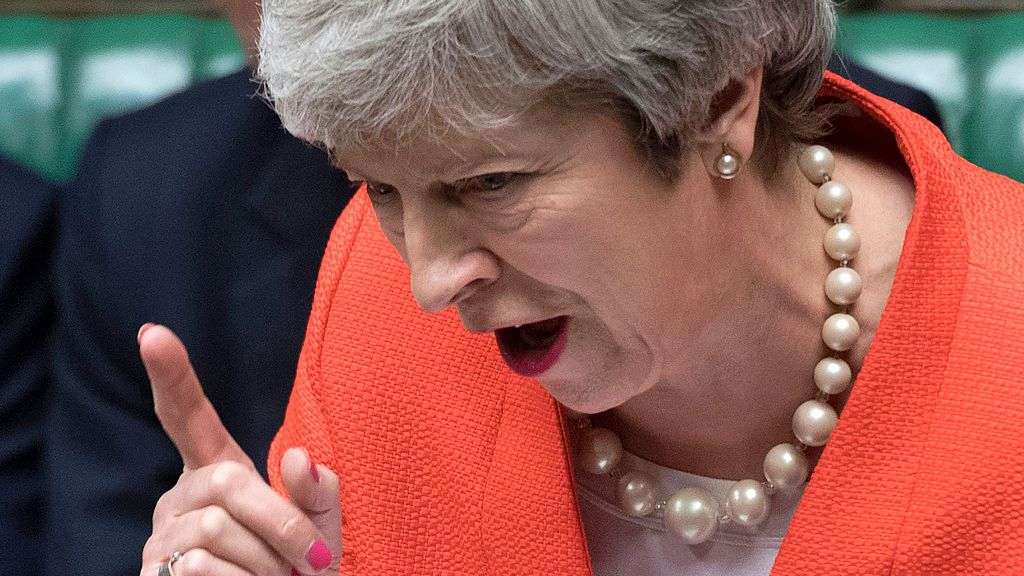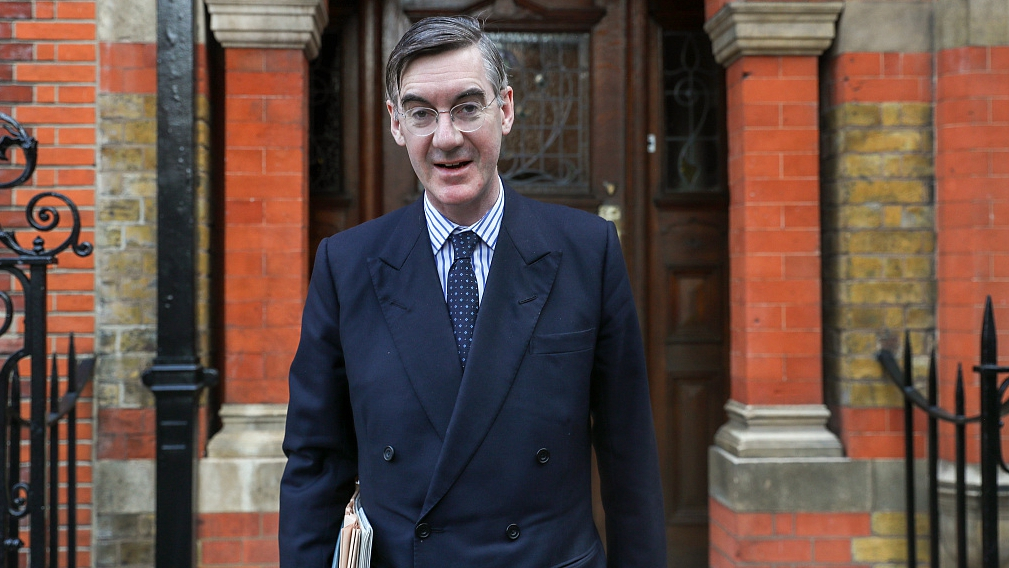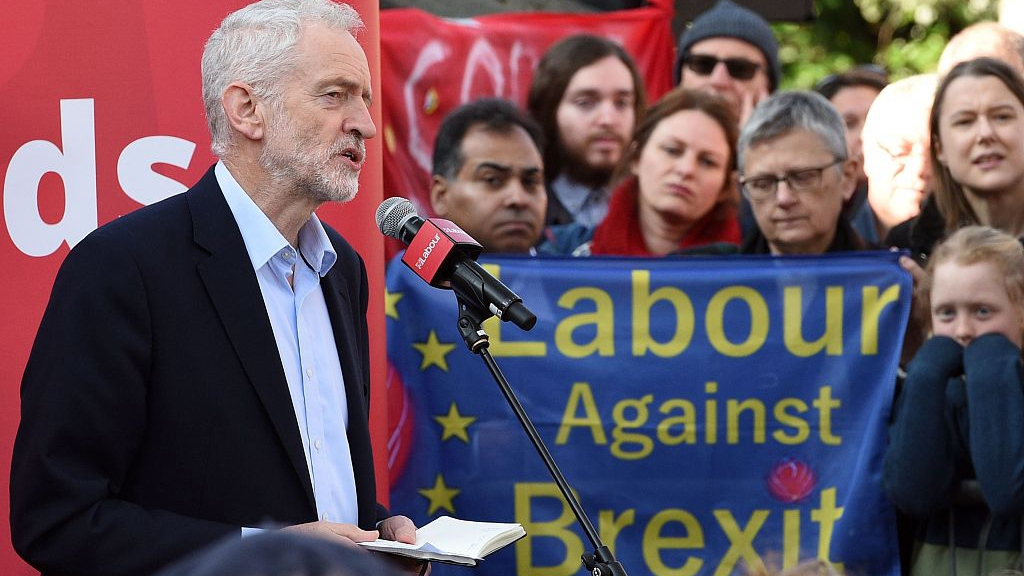
Europe
12:49, 28-Feb-2019
Four clues to Brexit's future from the latest votes
By John Goodrich

The series of Brexit votes in the British parliament on Wednesday was less than explosive after a series of concessions from Prime Minister Theresa May but did reveal some important indicators for the country's ongoing attempts to leave the European Union.
1. Brexiteers' mixed messages
Winning over the hardline pro-Brexit faction on the right of the Conservative Party, together with allies the Democrat Unionist Party, while picking off some Labour MPs remains May's only route to passing the deal she negotiated with the EU.
Read more: May spikes day of danger
Movement on the contentious Irish border backstop remains the key issue – though some MPs have broader concerns – and on Wednesday senior members of that faction, the European Research Group (ERG), indicated a softening of their positions.
Most notably Jacob Rees-Mogg, head of the ERG, told the Financial Times that he was no longer insisting that the backstop be scrapped as a condition for his support for May's deal and was prepared to consider other solutions.

British MP Jacob Rees-Mogg leaves his home in London, February 27, 2019. /VCG Photo
British MP Jacob Rees-Mogg leaves his home in London, February 27, 2019. /VCG Photo
Whether the ERG holds this view collectively is less clear: 20 Conservatives voted against an amendment putting their leader's plan for a three-stage vote in writing, and 88 abstained. A total of 502 MPs backed the proposal.
This suggests not only opposition within the Conservatives to any delay, but also that a hardcore of May's party is determined to vote against her no matter what.
2. Labour shifts position
The official position of the opposition Labour Party is now to push for a second referendum on Brexit, after its alternative proposition was again voted down by MPs by 323 votes to 240.
The leadership confirmed on Wednesday evening that it would table an amendment to the next meaningful vote calling for a referendum. This is a self-preservation exercise, with large numbers of its MPs threatening to quit the party for the new Independent Group if it did not, but it is still a significant shift and could have far-reaching consequences.

Labour leader Jeremy Corbyn addresses at a rally, in Broxtowe, England, February 23, 2019. /VCG Photo
Labour leader Jeremy Corbyn addresses at a rally, in Broxtowe, England, February 23, 2019. /VCG Photo
Firstly, a second referendum is now more likely than ever before in the process. Secondly, it risks a fresh schism in the party – for all that there is pressure for a new poll from many MPs and members, there are others who are fiercely opposed.
Doubts linger as to whether leader Jeremy Corbyn will wholeheartedly follow through on the pledge, not least because he has previously strongly resisted the move. Time will tell if it is a PR exercise or a genuine shift.
3. No-deal is still possible
In a promise made to see off a government revolt, May on Tuesday promised a three-stage vote: First on her deal, and if that is defeated on a no-deal, and if that is defeated on a "short limited delay." Parliament has already voted against a no-deal, and dire warnings over the consequences of leaving the bloc without an agreement had been assumed to make "stage two" of the vote almost an irrelevance.
However, while the 502-20 vote in favor of May's plan suggests that hasn't changed, an amendment ruling out a no-deal "under any circumstances" – so at the end of March or the end of a delay period – was defeated by 324 votes to 288. The ERG may gamble on a no-deal at the end of a delay period, so down the line, this could be important.
4. Decisive vote next week?
May has promised a meaningful – binding – vote on her Brexit deal by March 12. Given the propensity of the government to delay, it was assumed that would mean on March 12.
But last night the senior Labour MP John McDonnell suggested the vote could be held next week.
If true, that would suggest progress is being made in negotiations with the EU. It also opens the door wider to leaving the bloc on March 29 if a deal is passed: It had been thought that two weeks wouldn't be enough time to pass the necessary legislation.

SITEMAP
Copyright © 2018 CGTN. Beijing ICP prepared NO.16065310-3
Copyright © 2018 CGTN. Beijing ICP prepared NO.16065310-3